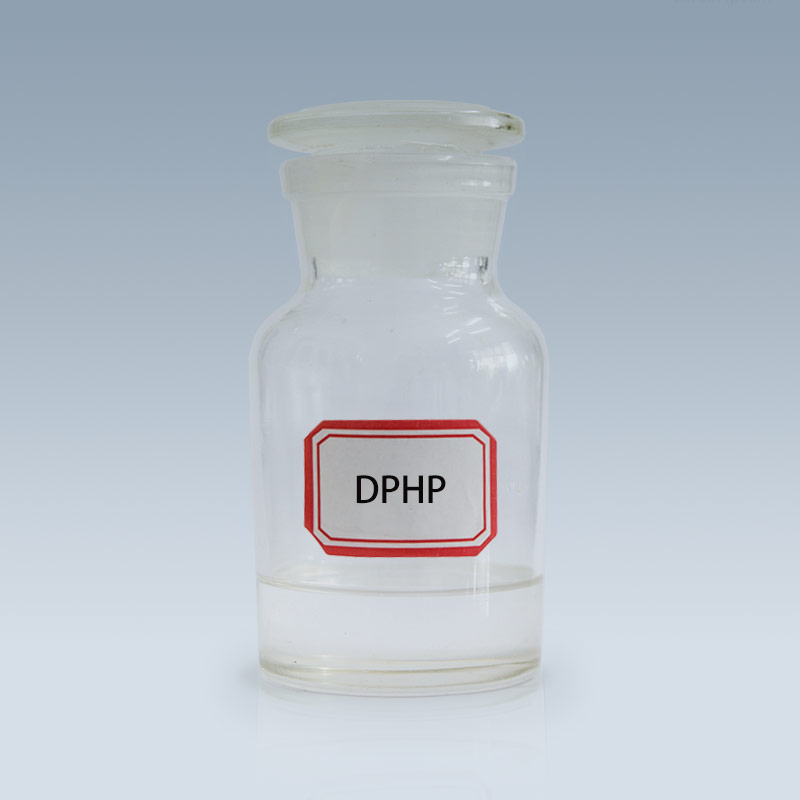The medical device industry, particularly in the realm of products like IV bags, tubing, and catheters, has long relied on the flexibility and durability provided by plasticizers. For many years, Di (2-ethylhexyl) phthalate, or DEHP, was the go-to compound. However, as growing concerns emerged regarding its potential health risks—specifically its leaching from PVC materials and potential endocrine-disrupting effects—the industry began an extensive search for safer alternatives. This is where DOTP plasticizer, or Dioctyl Terephthalate, has become a leading choice.
Why the Shift to DOTP?
DOTP plasticizer offers a number of advantages that make it an ideal replacement for DEHP in sensitive medical applications. As a non-phthalate plasticizer, it addresses the primary health and safety concerns associated with its predecessor. Its molecular structure is more stable, which significantly reduces the likelihood of it migrating out of the polymer matrix and into a patient's bloodstream or tissues.
Beyond its safety profile, DOTP plasticizer delivers excellent performance characteristics. It provides the necessary flexibility and softness to PVC compounds without compromising the mechanical strength or integrity of the final product. This is critical for applications like blood bags and respiratory tubing, which must remain pliable and kink-resistant under various clinical conditions. Furthermore, it exhibits good thermal stability, making it suitable for the sterilization processes (like autoclaving or gamma irradiation) commonly used for medical devices.

Key Applications of DOTP in Medical Devices
The adoption of DOTP plasticizer has been widespread across several categories of medical devices:
-
Intravenous (IV) Bags and Tubing: The material used for IV bags and tubing must be inert and non-reactive with fluids, blood, or medications. DOTP plasticizer ensures the flexibility needed for these products while minimizing the risk of leachates contaminating the contents.
-
Catheters and Probes: These devices require a high degree of flexibility to navigate the body's vascular system. DOTP plasticizer helps achieve the precise level of pliability required for both patient comfort and procedural accuracy.
-
Medical Gloves and Masks: While less common than in tubing, DOTP plasticizer can be used in specialized films to provide the soft feel and conformability necessary for certain types of gloves or face masks, ensuring a better fit and user comfort.
Challenges and the Future Outlook
While DOTP plasticizer has proven to be a robust and safe alternative, the search for even better materials continues. The industry is constantly innovating to meet increasingly strict regulatory standards and to develop new materials that offer enhanced biocompatibility, longevity, and performance. However, for now, DOTP plasticizer stands as a professional and reliable solution, representing a significant step forward in patient safety and product design within the medical device sector. Its established use and excellent safety profile make it a cornerstone material in the ongoing effort to create safer and more effective medical products.



 English
English 中文简体
中文简体







